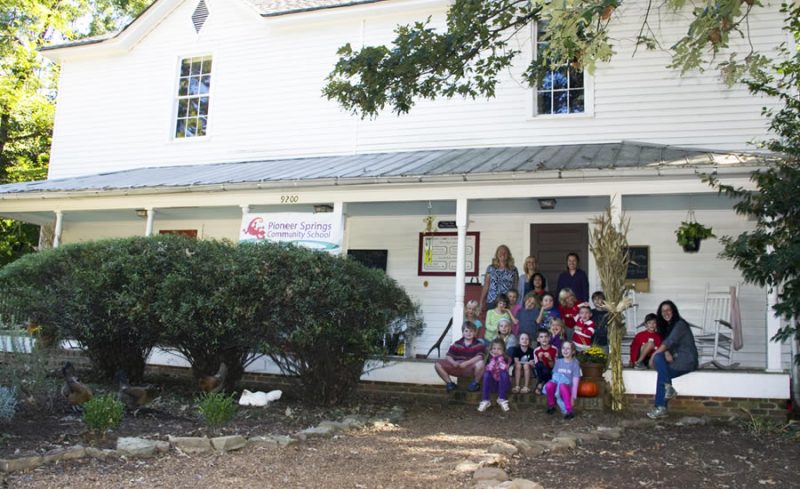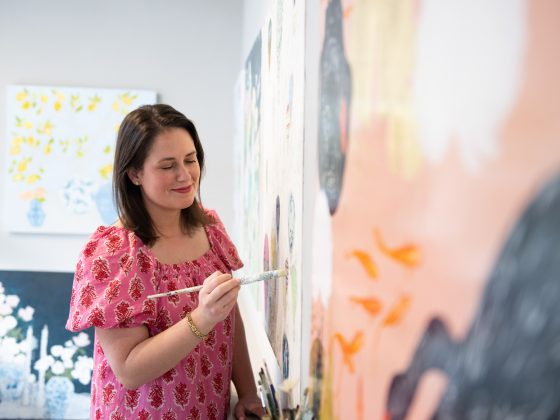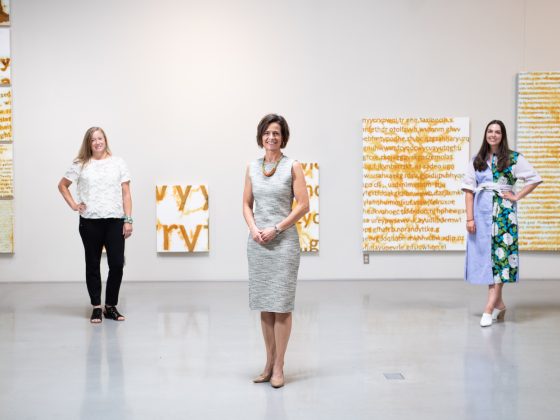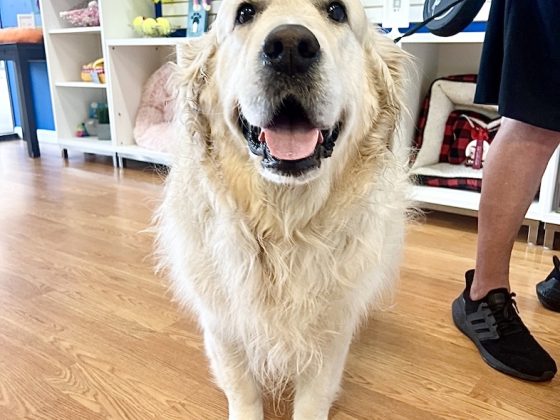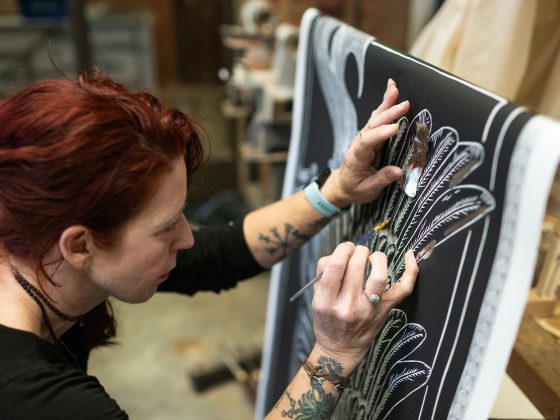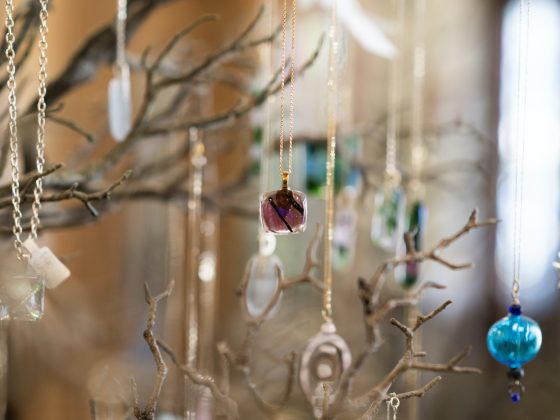Pioneer Springs Community School is changing the way children learn, with a focus on outdoor education, and the kids love it.
In North Mecklenburg County, there sits a historic landmark, the Croft Schoolhouse. First opened in 1890 to serve the children of the Croft community–a rich, flourishing agricultural and railroad district–it soon became too small for the growing population. Building a new school meant abandoning the old. Today, the Croft Schoolhouse is once again open for business as home to the Pioneer Springs Community School, established by Abigail Jennings, President of Lake Norman Realty.
Struggling to find a school that fit her daughter and coming up short, Jennings decided to start one. The Pioneer Springs Community School is based on Basic core principles and the philosophy that children are nature deprived. Not a medical condition, but classified as ‘nature deficit disorder,” humans have become alienated from nature due to an over reliance on technology, such as video games, television, and computers. Technology keeps children indoors, whereas outdoors, children can run and play, free to explore and learn at immeasurable rates.
The school’s philosophy is based on the teachings of innovator Ernest Boyer of the Carnegie Institute. Not a new philosophy, Boyer-based education on community of schools, character, climate, and connection. Character and community promotes a vision of unity where teachers are leaders and parents are partners. Climate allows for optimum learning. The student to teacher ratio is small allowing for more one-on-one time. A sense of trust is built between the two allowing for heightened learning. Connection concerns the teachers and how they love and value each student even if the child acts out.
The curriculum covers Math, Reading (emphasis on phonetic and syntax awareness), Writing (Handwriting Without Tears, a developmentally -based handwriting program that pays attention to the child as a whole), plus Connect classes: music, art, PE, nature, and Spanish. The Connect classes meet once a week; however, they are integrated into the curriculum daily. At the beginning of the year, each class develops a creed which the class then follows. “Thus far we have two classes with a long waiting list,” says Jennings. There is a kindergarten class and a 1st/2nd grade class. We plan on adding a grade per year until we reach 12th grade.”
Students do not sit at desks. They work in cooperative learning groups at tables. Grades are based on standards rather than letter grades. “If you put a letter on the top of a student’s paper, lots of them think they’re done, but you’re never done learning,” says Laura Mock, Director of the school. “This system is one of the most difficult; you’ve got to be observant. We teach holistically which means we involve the whole child: emotional, social, and physical well-being.”
Development of the core is an important aspect of the holistic teaching. With strength comes agility, coordination, a heightened level of focus that leads to a synthesis of information. It also aids in handwriting skills. In the morning, you can find the children outside doing planks, crab walks, the Reebok slide, or a short form of mountain climbing. Nature is an important part of Pioneer Springs Community Schools. “There is no pigeon-holing of students,” says Mock. “No sterile environment.” Outdoors, the children learn to observe and experience science first hand. They make natural tipis, learn how to put two pieces of wood together to form stabilizers, and discover a world that can’t be found in a typical classroom. “Because of the pond, they learn that polliwogs live in water and are amphibians that turn into frogs,” says Mock. “The chickens we have teach all sorts of things, such as air dynamics, wing strength, flight and this leads to other discoveries and more learning.”
“These simple, realistic, and basic principles the school lives by allows for happier children and teachers. The children find their passion at a young age and that is what we want them to do—to get excited,” says Mock. As teachers, we don’t want to force what we believe the child should be; rather, we want to create an environment to where we support what the child already is inside. That’s really what it’s all about.” For more information visit pioneersprings.org.


